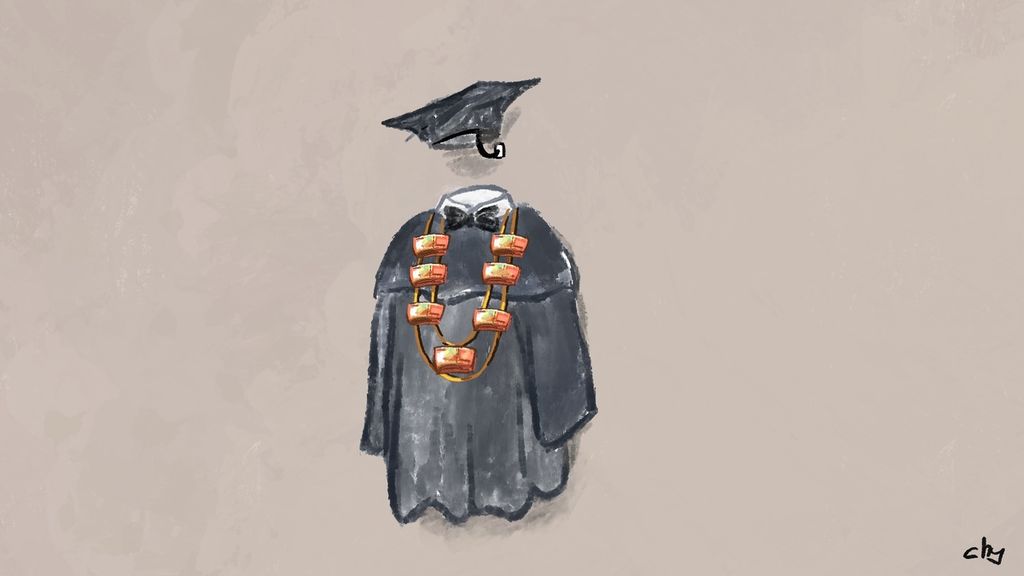Academic Morality
Sadly, some academics in this country are reluctant to talk about this issue because it concerns themselves and their careers. This issue seems taboo to discuss.

Since the arrest of the University of Lampung (Unila) Chancellor Karomani by the Eradication Corruption Commission (KPK) on Aug. 20 for bribery in the jalur mandiri (independently-managed) student admissions selection program, several articles shedding light on academic morality have been published by Kompas. One of them was "Profesor Doktor Koruptor" (professor doctor and corruptor) (26/8/2022). Universities that should become “a moral and ethical guardian and corruption-free institution”, as Nizam, the director general of research and technology for higher education (Diktiristek), has appealed in his statement, has turned out to be no different from other institutions, or appeared to be a place for the germinating seeds of corruption.
How do corrupt practices come about? In his article "Krisis Etika Ilmiah dan Benih Korupsi di Perguruan Tinggi” (a crisis of scientific ethics and seeds of corruption in higher education) (Kompas.id, 1/9/2022), Bambang Purwanto says that "unnatural practices in scientific research and paper publications" are the beginning and seeds of the generation of corruption, either in campus management or post-college work institutions.